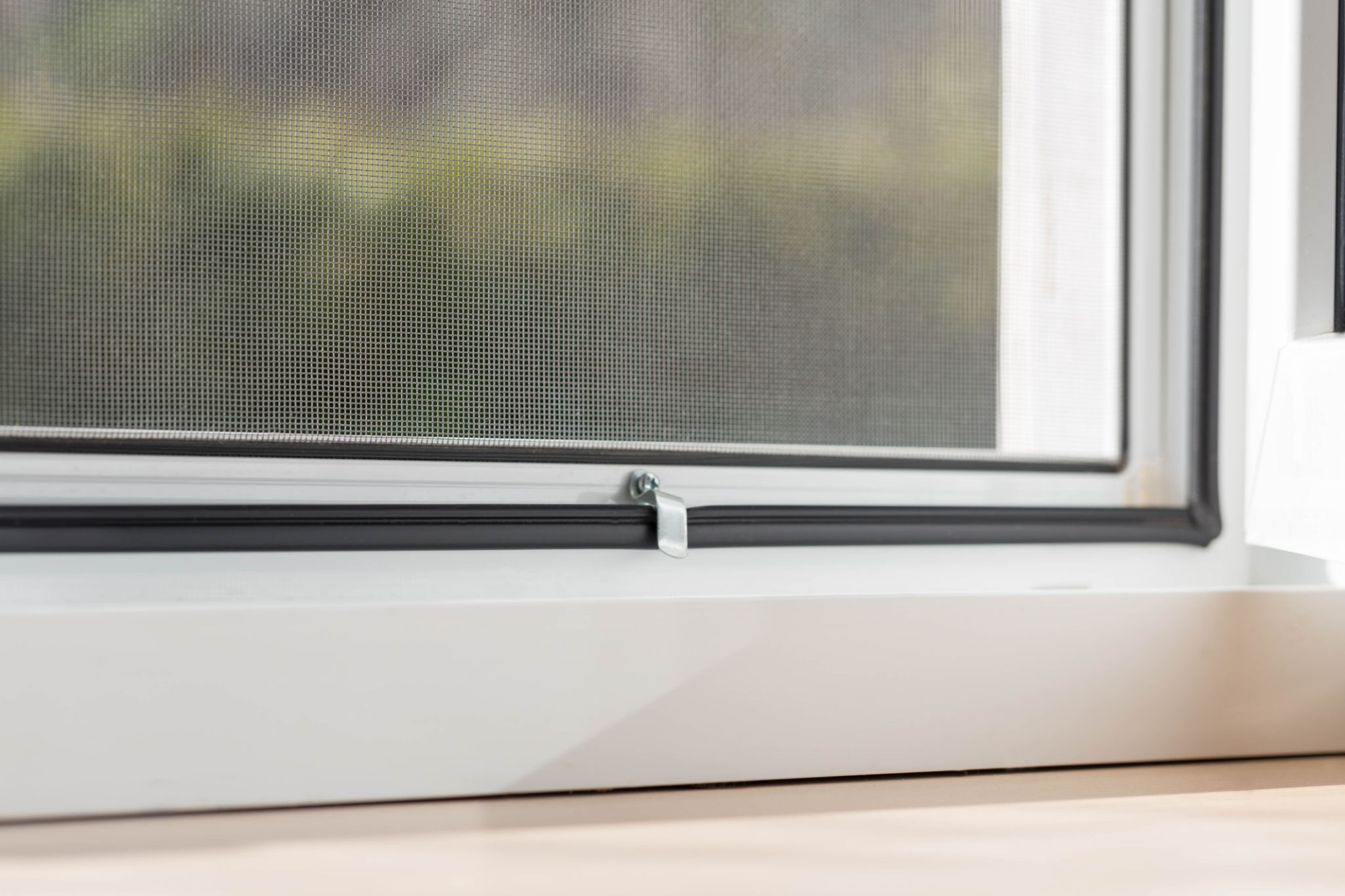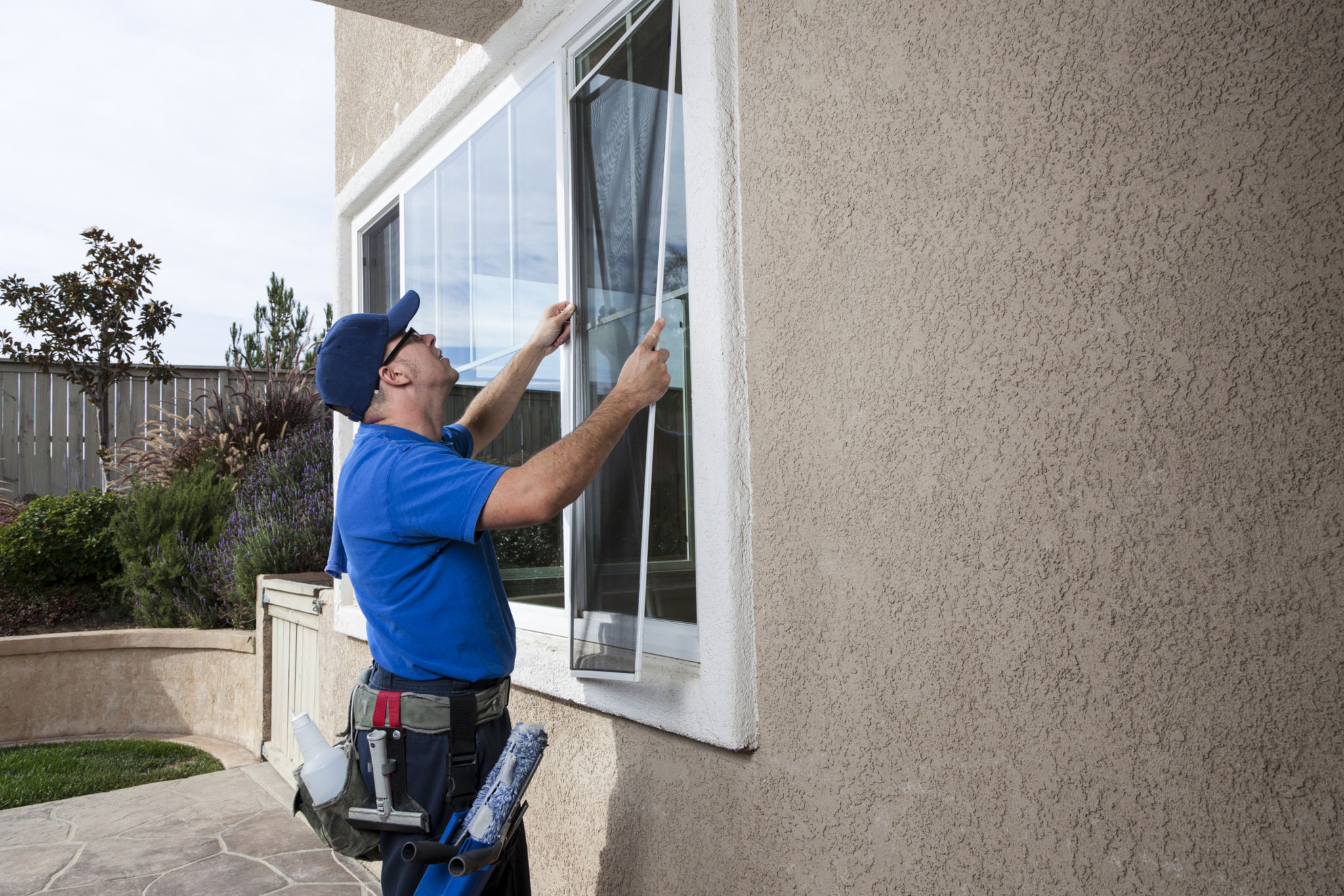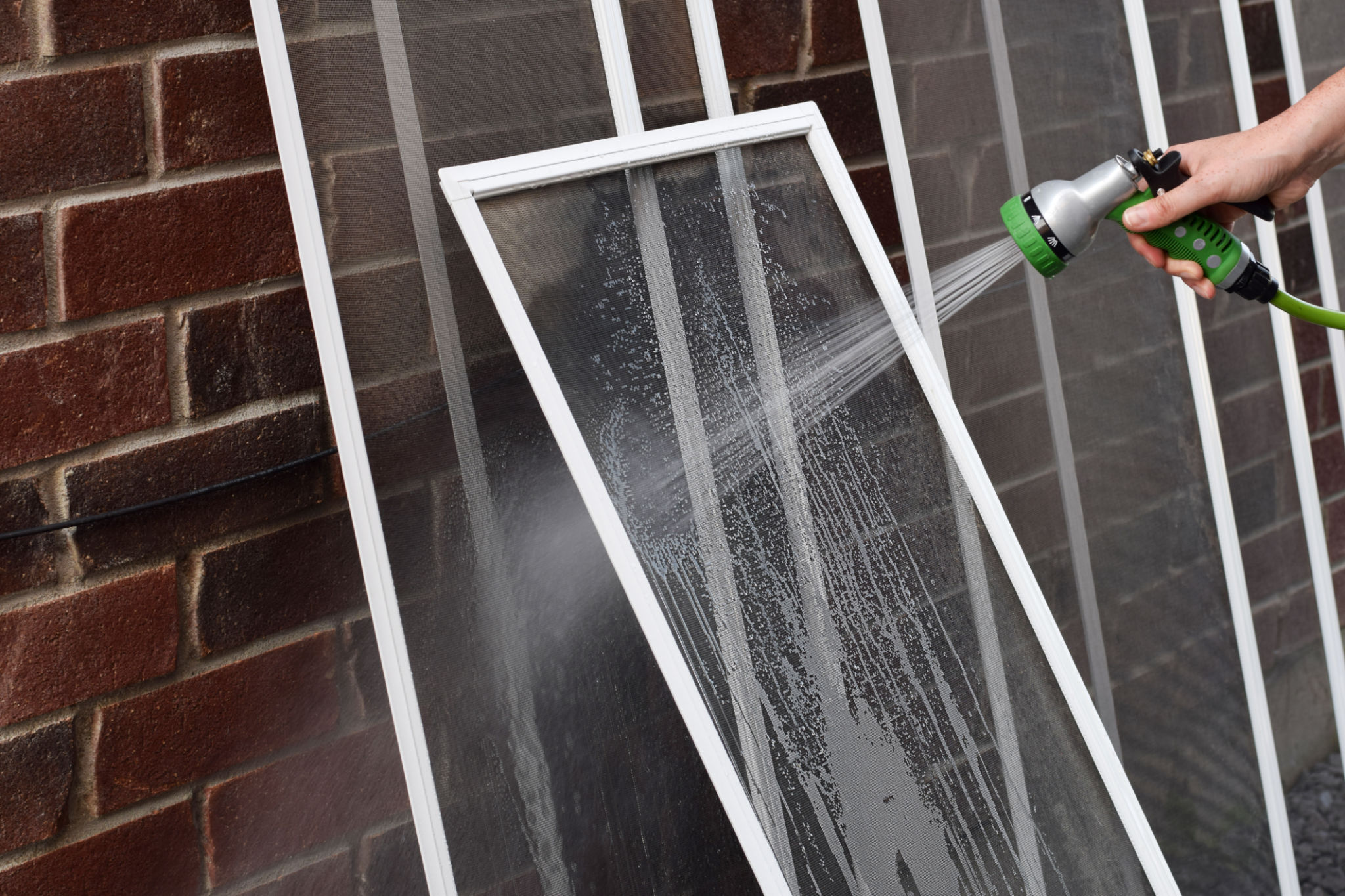DIY Tips for Installing Insect Screens to Keep Your Home Pest-Free
Why Install Insect Screens?
Insect screens are an essential addition to any home, particularly during warmer months when pests like mosquitoes, flies, and other insects are more prevalent. These screens allow you to enjoy fresh air without the unwanted company of bugs, enhancing your comfort and health. Moreover, they contribute to energy efficiency by reducing the need for air conditioning.

Choosing the Right Insect Screen Material
When deciding on insect screens, the material is a crucial factor. Options include fiberglass, aluminum, stainless steel, and polyester. Fiberglass is popular due to its affordability and flexibility. Aluminum is durable but can dent easily, while stainless steel offers excellent strength and resistance to corrosion. Polyester is another durable choice and is less prone to tearing than other materials.
Tools and Materials Needed
Before starting your DIY project, gather all necessary tools and materials. Here's a handy checklist:
- Insect screen material
- Screen spline
- Spline roller
- Utility knife
- Scissors
- Tape measure
- Screwdriver (if replacing frames)

Measuring and Cutting the Screen
Accurate measurements are vital for a snug fit. Use a tape measure to determine the dimensions of the window or door frame where the screen will be installed. Once you have the measurements, cut the screen material accordingly, allowing an extra inch on all sides to ensure proper fitting.
Installing the Insect Screen
With your materials ready, begin by placing the screen over the frame. Use a spline roller to press the screen into the frame’s grooves. Insert the screen spline over it to hold it securely in place. If necessary, use a utility knife to trim any excess screen material for a clean finish.

Troubleshooting Common Issues
If you encounter wrinkles or sagging in the screen, gently pull and adjust it before securing it with the spline. For screens that pop out of the frame, ensure that the spline is tightly pressed into the groove. Using a thicker spline can sometimes resolve this issue.
Maintenance Tips for Longevity
Regular maintenance ensures your insect screens remain effective. Clean them periodically using a soft brush or vacuum to remove dust and debris. Inspect for any tears or damage and repair them promptly to maintain their effectiveness.

Additional Benefits of Insect Screens
Beyond keeping pests out, insect screens can improve indoor air quality by allowing better ventilation. They can also provide a level of privacy and reduce glare from the sun when using darker mesh options. Consider these benefits when deciding to install or upgrade your insect screens.
